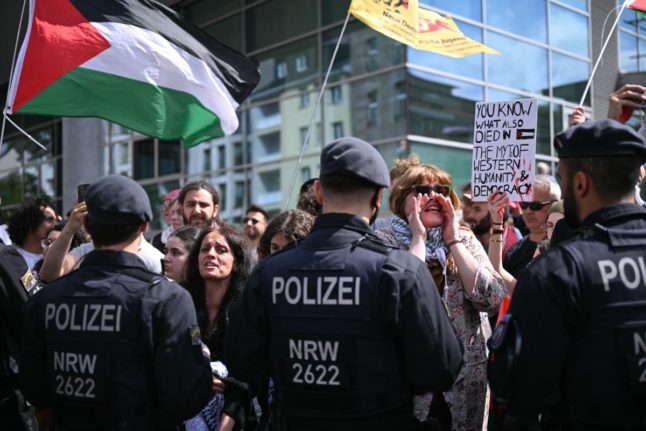“Searches took place on October 21 and 22,” a spokesman told news agency AFP, adding that Infineon was cooperating with the investigation. The probe focused on the company’s smart card and security systems division, he said.
Smart-cards contain computer chips that process data, and are typically used in credit or identification cards, as well as in telephone SIM cards. The European Union’s top competition regulator said Wednesday it had raided smart-card chip producers in several EU nations on cartel suspicions.
The companies targeted by the probe were not identified. Under EU regulations companies found to have taken part in a cartel can be fined up to 10 percent of its annual sales. No strict deadline is set for cartel inquiries, with their length dependent on the complexity of each case, the extent to which suspects cooperate and the way they use their right to defence.
EU competition commissioner Neelie Kroes has focused on fighting practices that curb competition, and heavier fines have been levied in recent years. The biggest to date came in mid November, when four glass producers were fined a total of €1.38 billion ($1.86 billion), of which the French group Saint-Gobain was told to pay €896 million.



 Please whitelist us to continue reading.
Please whitelist us to continue reading.